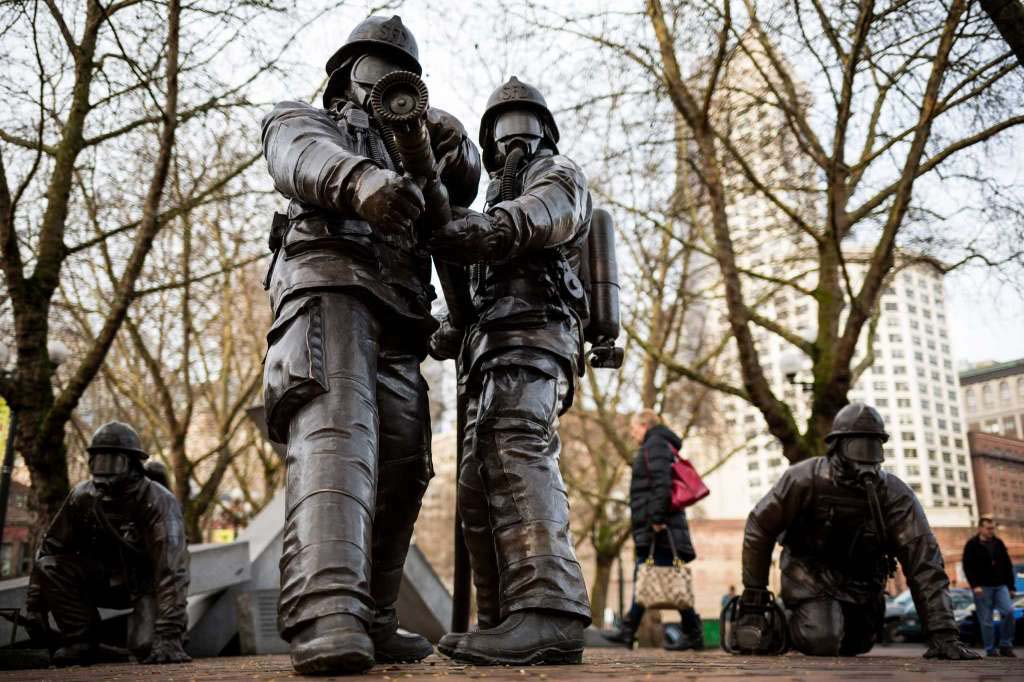Wealth & Poverty Review Partner with Us for Real Solutions to the Homelessness Crisis
When I began writing on homelessness this past summer, I knew very well that homelessness was a problem. I grew up forty miles outside of Seattle. Encountering homelessness was a normal part of a day spent in the city. Even in my small, suburban hometown, we knew of the homeless encampments in our parks and wooded areas.
What I didn’t know was who the homeless were, why homelessness was occurring, or what was to be done about it.
I think I’m like the vast majority of Americans — we see the problem, but we don’t know the roots of the crisis, let alone how to go about solving it. Hopelessness sets in.
What I have come to find in my research is that there are solutions. But homelessness is complex. One solution is not going to fix the entire problem, despite what “Housing First” advocates argue — that homelessness is first and foremost an economic issue. While economics does play a role in homelessness, it is not the core issue.
Rather, homelessness is a matter of the human soul. Drug addiction and untreated, serious mental illness plague much of the homeless population. Therefore, shelter and treatment must be our top priorities to return people to lives of purpose and fulfillment in their own homes.
When I was working in downtown Seattle earlier this year, I came face-to-face with homelessness every day. On my way to and from the train station, I would walk past sidewalks and parks filled with tent encampments and people sleeping in doorways, many of whom were under the influence of drugs or alcohol, often suffering hallucinations or delusions. Businesses were boarded up as a safety measure. And piles of trash remained untouched for days.

A vivid memory is etched in my mind of a man standing across the street from the Memorial to Fallen Firefighters in Occidental Square. Facing the memorial, he angrily bellowed, as if the bronze men had ears of flesh capable of hearing, “You think you’re taking care of your children?” The rest of his rant was unintelligible, as is often the case with these types of behaviors one observes on almost a daily basis in many parts of downtown Seattle.
The man clearly had no awareness of my presence as I walked past. I doubt he was aware of anyone’s existence in that moment, save his own and the bronze firemen’s.
Most people would see his case as hopeless. I certainly did. But now that I’ve spent a few months researching this vexing problem, I see that it’s not hopeless. There are solutions at both the local and federal levels.
As we outline in our action plan at our Fix Homelessness website, there are things we can do that will immediately begin improving the lives of those currently homeless and reducing the social disorder that homelessness brings — for example, these four key actions in our seven-point plan:
- Enforce a strict ban on public camping.
- Implement policies to mitigate the addiction crisis.
- Orient services around a philosophy of transformation.
- Lobby for conservatorship for the severely mentally ill.
In short, we need to care for the human person in a holistic way, not merely as a creature of economics.
Our work at the Center on Wealth & Poverty is to educate the public about who the homeless are, the problems spawned by homelessness, why homelessness is occurring, and what can be done about it. Our goal is to instill hope in every reader — that despite the size of the problem, solutions exist.
The homelessness crisis is an issue which is often either ignored or framed as purely an economic issue. At Discovery Institute’s Center on Wealth and Poverty, we are committed to not only shedding light on the complexity of this issue, but also advocating for policies that will address its underlying causes.
If you share the concerns about the impact of homelessness on individuals and society, please consider partnering with us in this vital work. Your donation to CWP’s Homelessness Project will enable us to pursue our mission to help city leaders, business owners, and neighborhood organizations meaningfully reduce homelessness and improve lives.

